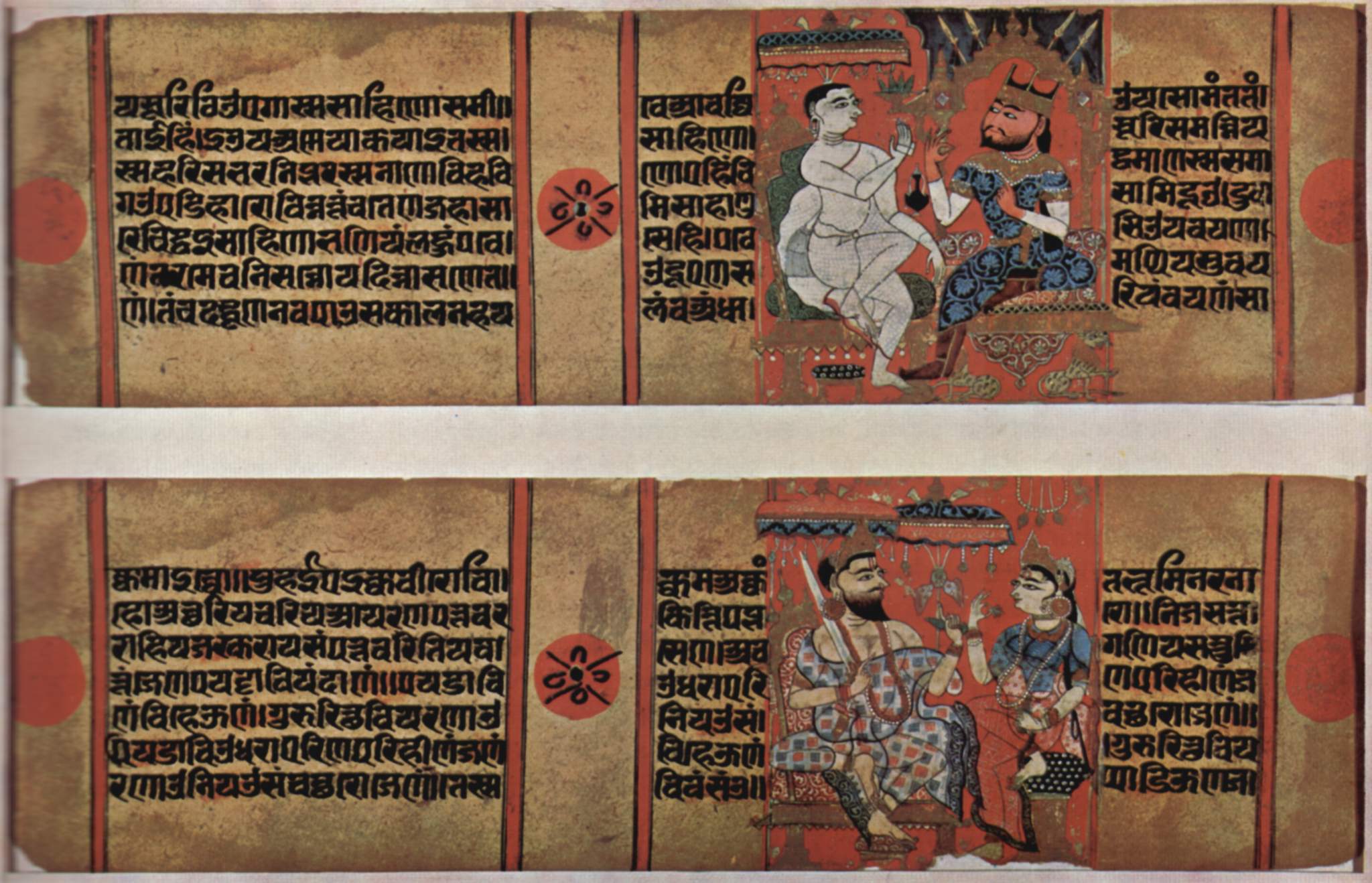|
Lekhnath Paudyal
Lekhnath Paudyal ( ne, लेखनाथ पौड्याल; 1885–1966) is regarded as the founding father of modern Nepali poetry literature (Kabi Shiromani) in the twentieth-century. His most important contribution is believed to be to the enrichment and refinement of the language rather than to its philosophical breadth. The best of Lekhnath's poems adhered to the old-fashioned conventions of Sanskrit poetics (kavya). Poudyal, the first modern Nepali poet, wrote in the classical style of Nepali poetry. His poems possessed a formal dignity that had been lacking in most earlier works in Nepali; many of them confirmed in their outlook with the philosophy of orthodox Vedanta, although others were essentially original in their tone and inspiration. His poems are very much popular, and often mentioned contemporary social and political issues. It is believed there were the first glimmerings of the poetic spirit that was to come after him. Personal life and childhood Lekhnath ... [...More Info...] [...Related Items...] OR: [Wikipedia] [Google] [Baidu] |
Bikram Sambat
Vikram Samvat (IAST: ''Vikrama Samvat''; abbreviated VS) or Bikram Sambat B.S. and also known as the Vikrami calendar, is a Hindu calendar historically used in the Indian subcontinent. Vikram Samvat is generally 57 years ahead of Gregorian Calendar, except during January to April, when it is ahead by 56 years. Alongside Nepal Sambat, it is one of the two official calendars used in Nepal. In India, it is used in several states. The traditional Vikram Samvat calendar, as used in India, uses lunar months and solar sidereal years. The Nepali Bikram Sambat introduced in 1901 CE, also uses a solar sidereal year. History A number of ancient and medieval inscriptions used the Vikram Samvat. Although it was reportedly named after the legendary king Vikramaditya, the term "Vikrama Samvat" does not appear in the historical record before the 9th century; the same calendar system is found with other names, such as Krita and Malava. In colonial scholarship, the era was believed to be ba ... [...More Info...] [...Related Items...] OR: [Wikipedia] [Google] [Baidu] |

